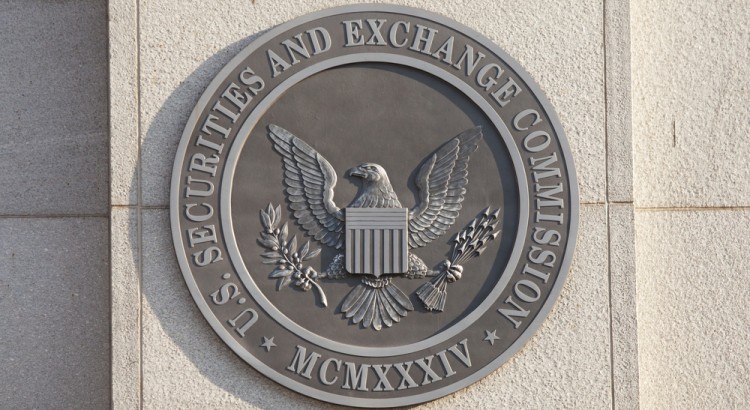A Connecticut and former New Jersey resident pled guilty to two counts of securities fraud and transacting in criminal proceedings after he was charged in federal court with defrauding investors of more than $5 million.
According to the complaint, James Trolice was the president and owner of Trolice Consulting Services LLC, and president and chief marketing officer of eAgency, a California-based company. Trolice and a colleague, Lee Vaccaro, sold investors interest in Trolice Consulting Services as well as various entities controlled by Vaccaro. They falsely represented that they held warrants in eAgency.
Warrant Claims Part of Trolice Consulting Services Investment Scam
A warrant is a derivative security that gives the holder the right to purchase stock at a specific price within a certain time frame. Trolice admitted, though, that he made misrepresentations concerning the existence and validity of the number of eAgency warrants owned by the investment companies, as well as the amount of money he had personally invested in and his position with eAgency.
In order to entice investors, Trolice brought people to lavish investor parties at his multi-million-dollar home, where he would tout his track record of successful startups. Instead of using investors’ money to invest in eAgency, Trolice used their funds to pay his mortgage and credit card bills, car payments, and other personal expenses. Vaccaro blew at least $250,000 at Las Vegas casinos. Trolice and Vaccaro also spent investors’ money on trips to Hawaii and California and on shopping sprees at high-end retailers.
Trolice Consulting Services Executive Facing Prison
Trolice is facing a maximum of 20 years in prison for the securities fraud charge and a $5 million fine, and up to an additional 10 years for transacting in criminal proceedings along with a potential $250,000 fine.
Involved in an Investment Scam?
Scammers like James Trolice and Lee Vaccaro use any and all means at their disposal to convince you to invest with them. If you invested with either of these men, or believe you have been the victim of a similar scheme, you may have legal rights that require your immediate attention.
Call a Securities Fraud Attorney Today
The Fraud Report partners with the law firm Dimond Kaplan & Rothstein, P.A.With offices in Los Angeles their securities lawyers have helped stockbroker fraud victims throughout Santa Monica, Beverly Hills, and Hollywood and recovered over $100 million from banks and brokerages firms for their wrongful actions.
Contact an attorney at Dimond Kaplan & Rothstein, P.A. today to schedule an appointment or consultation to review your rights and options.









